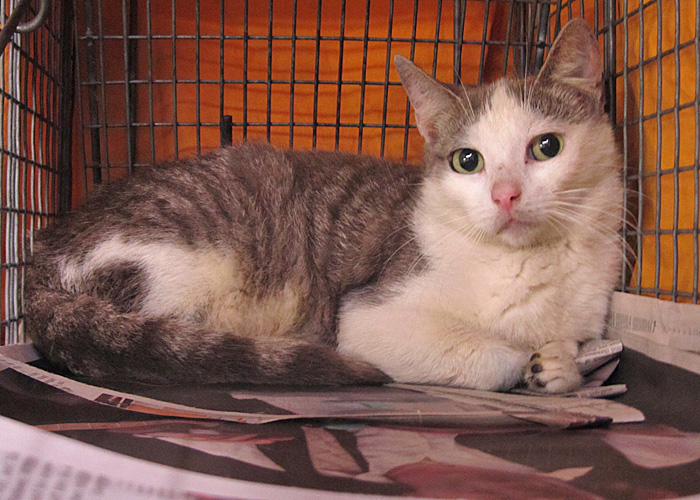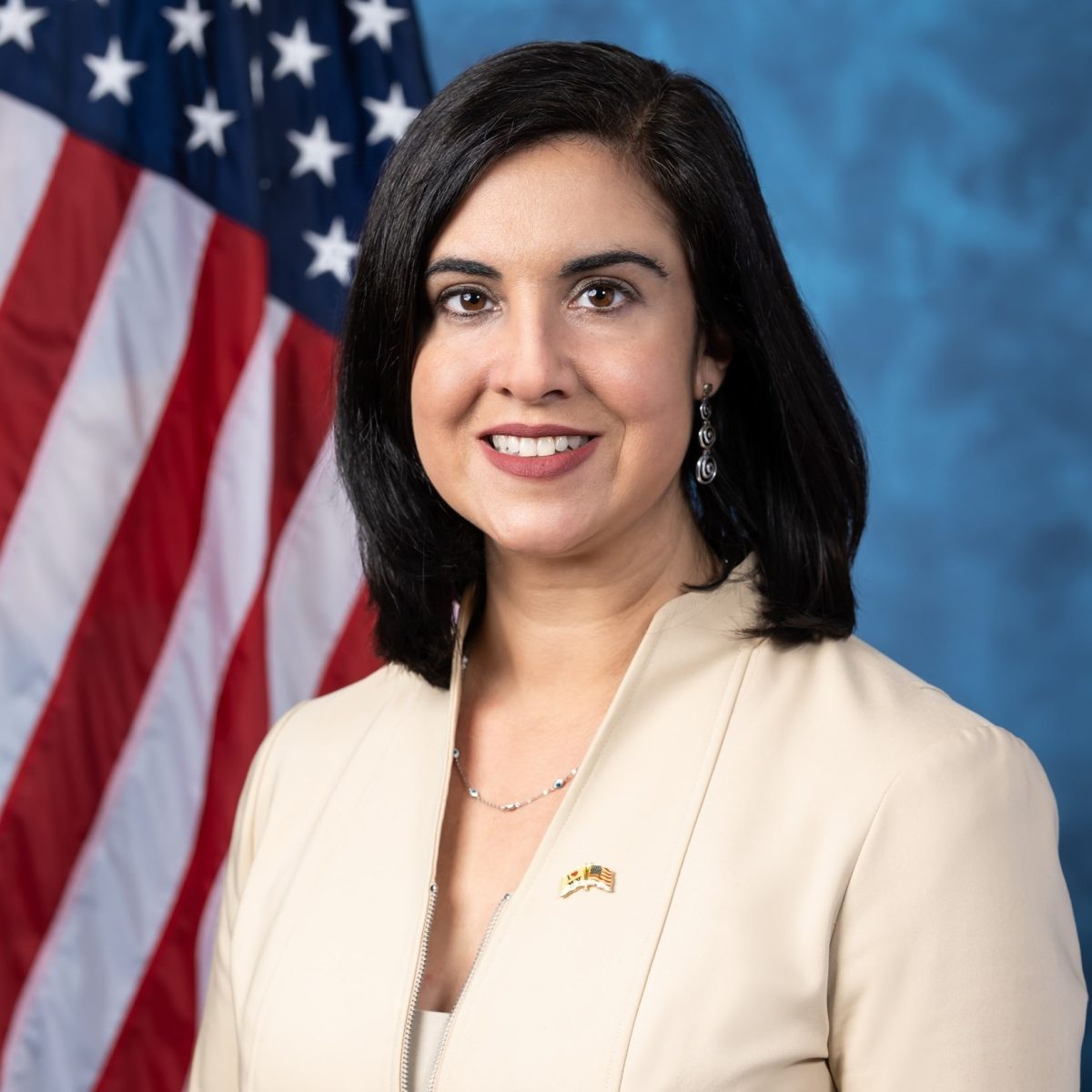The Puppy Mill Pipeline Act, originally signed into law by Gov. Kathy Hochul in 2022, will prohibit the sale of dogs, cats and rabbits in pet stores starting on Dec. 15.
The law aims to sever the connection between unethical breeders and retail outlets throughout the state by targeting large-scale breeding operations, often referred to as “puppy mills,” which have long been criticized for mistreating animals.
The law will disrupt the operations of out-of-state puppy mills and their brokers, as well as address the small number of pet stores in New York that continue to sell puppies.
Advocates, including Attorney General Letitia James, emphasized that such practices often lead to serious health issues in animals and leave families with high veterinary bills and emotional distress.
“This pet sale ban will help put an end to the dangerous puppy mill-to-pet store pipeline that endangers pets and costs New Yorkers thousands of dollars in veterinary care,” James said in a statement.
Licensed pet dealers who violate the law can expect to face fines of up to $1,000 per offense.
Although puppy mills are found across the country, they are most prevalent in the Midwest.
Breeders rely on networks of brokers, auctions and transporters to move dogs from these mills to pet stores nationwide, perpetuating a cycle of unethical behavior for profit.
In these operations, breeding dogs frequently endure their entire lives in cramped wire cages without proper shelter, veterinary care, sufficient food or opportunities for socialization.
While pet stores will no longer sell these animals directly, they can collaborate with registered, nonprofit animal rescue organizations to facilitate adoptions instead.
The act does not affect reputable breeders who sell the animals they raise directly to families, ensuring that responsible breeding practices can continue.
Supporters of the legislation emphasize the need to address ongoing inhumane conditions often associated with large-scale breeders.
The new law aims to address concerns about animal welfare and the relationship between breeders and pet stores.
By regulating the supply chain, it seeks to reduce unethical breeding practices and ensure healthier pets for families.








